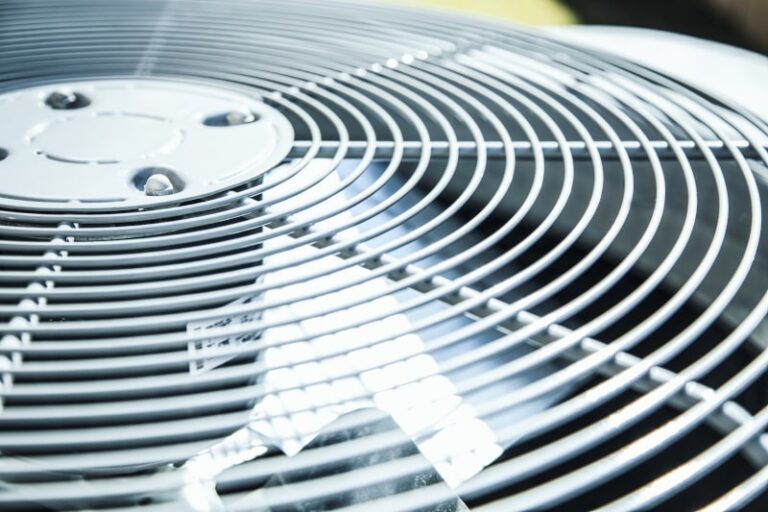Load calculations determine the correct size of HVAC system to install in a house. These calculations are key to assuring you of quiet and effective operation. Additionally, HVAC loads help the system to cool and heat your James Island, SC home with the utmost energy efficiency.
Common Types of HVAC Loads
There are several common types of loads in HVAC systems: partial load, extreme load, and design load. HVAC specialists calculate these according to different measurements and formulas, so it’s good to understand each type.
The design load depends on the normal summer and winter temperatures in James Island. For example, the design temperature used to calculate a design load for an air conditioner in your area is likely somewhere around 89 degrees Fahrenheit, and for a furnace to heat your home, the design temperature is somewhere around 39 degrees Fahrenheit. For an HVAC system with an AC and a furnace, both design temperatures determine the exact design load requirement the system needs to meet.
The partial load is what your home or office will require the most to maintain your desired comfort preference. Even though design load temperatures are essential to choosing the best HVAC system, the temperature throughout the day and night is always changing by a few degrees. The partial load calculation helps ensure the system’s power output can fluctuate to keep up with the exact load requirement in order to achieve minimum output power.
Extreme load: the extreme load depends on the hottest day of the year in your geolocation. HVAC technicians do not recommend AC units based on extreme loads as this would result in purchasing a system that is too big. Oversizing is something to avoid when installing a new HVAC system because it can lead to poor energy efficiency and costly AC repairs.
What Is an Inductive Load?
Most air conditioning units have an electric motor. The load that powers the motor is commonly known as an inductive load. Many of your home’s appliances and devices — including fans, washing machines, refrigerators, and air conditioners — have inductive loads.
How Are HVAC Loads Calculated?
Calculating HVAC loads is fairly simple; however, these calculations are best left in the hands of an HVAC specialist. Generally speaking, though, load calculations include these four elements in the formula:
- Total square footage
- Number of windows
- Number of exterior doors
- Number of people occupying the home
For example, let’s say you have a 2,200-square-foot home with 14 windows, four exterior doors, and three occupants. The following formula is a general way to calculate the required load level an HVAC system needs to properly cool the home.
- 2,200 x 25 (square footage multiplied by 25) = 55,000
- 1,000 x 14 (# of windows multiplied by 1,000) = 14,000
- 1,000 x 4 (# of exterior doors multiplied by 1,000) = 4,000
- 400 x 3 (# of occupants multiplied by 400) = 1,200
- Total HVAC load requirement = 74,200 BTU
According to the formula above, the house would need an HVAC unit with 74,200 BTU. Keep in mind that many HVAC specialists tweak their formulas for design and partial load geolocation reasons.
Why Are HVAC Loads So Important?
Any HVAC professional understands the importance of HVAC loads, but many homeowners do not. These loads are extremely important because they tell you the size of HVAC system you need to properly heat and cool your home.
A system that is too small will have to run constantly to keep your home cool in summer and warm in winter. A system that is too large will leave rooms of the home uncomfortable as it not run long enough to cool the whole home.
The Takeaway
Understanding HVAC loads is essential when installing a new system. For help with your AC installation in James Island, SC, contact our skilled and knowledgeable team at M & B Heating and Air.
Image provided by iStock


